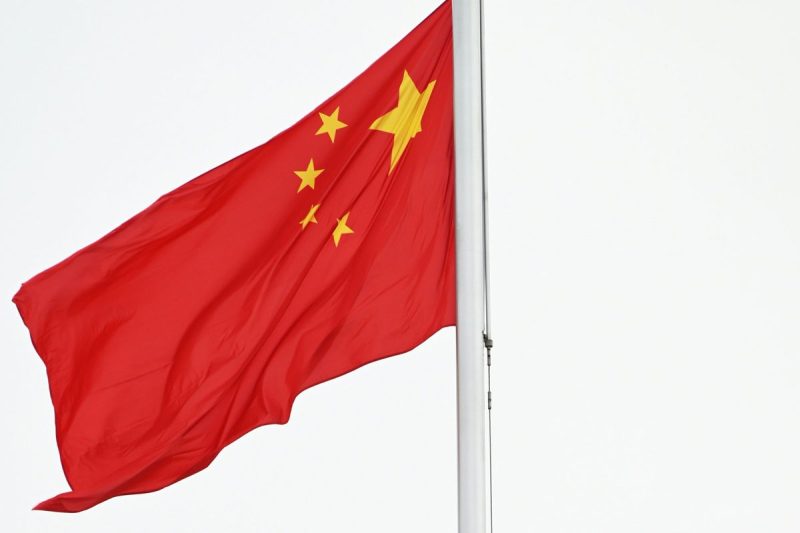China announced new export restrictions on antimony on Thursday (August 15), citing national security concerns regarding the critical mineral, which has widespread applications in the military and industrial sectors.
According to Reuters, the country’s commerce ministry said the controls will come into effect on September 15 of this year. They mark the latest in a series of measures aimed at tightening China’s grip on strategic resources.
The Asian nation is the largest producer of antimony by far, accounting for nearly half of the world’s mined output.
As mentioned, antimony is used in the military and industrial sectors, with applications related to defense, energy and manufacturing. It is essential in producing batteries, flame retardants and advanced military equipment. Antimony is also a key input for the production of photovoltaic glass used in solar cells, as well as for lead-acid batteries.
The new restrictions from China apply to six categories of antimony-related products, including raw antimony ore, refined antimony metals and antimony oxide. Companies seeking to export these materials will be required to apply for licenses under the dual-use category, which covers items with both military and civilian applications.
In addition to that, the regulations include a prohibition on the export of certain technologies related to the smelting and separation of gold-antimony mixtures, unless specific government approval is granted. These technologies are critical for the processing of antimony into forms that are usable in advanced manufacturing sectors.
While China said said that the export curbs are geared at safeguarding national security and upholding international non-proliferation commitments, it emphasized that they are not aimed at any specific country or region.
Even so, the country’s decision to limit exports of antimony is expected to have a sweeping impact on global supply chains, particularly for countries reliant on the mineral for defense and energy applications.
Christopher Ecclestone, a mining strategist at Hallgarten & Company, told Reuters that the new restrictions will ‘put a real squeeze’ on the US and European military sectors, which require antimony for weapons and ammunition.
The US and other countries have been ramping up efforts to secure alternative sources of critical minerals. However, given China’s dominance in the antimony market, replacing Chinese exports in the short term remains a challenge.
Prices of antimony and related products have surged to record highs in 2024, trading at over US$22,000 per metric ton at the end of July. The jump was fueled by supply shortages and rising demand from sectors such as solar energy.
As a result of China’s move, stockpiling by overseas buyers is expected to intensify in the coming months, while analysts predict that antimony prices will continue to rise.
Securities Disclosure: I, Giann Liguid, hold no direct investment interest in any company mentioned in this article.
This post appeared first on investingnews.com
